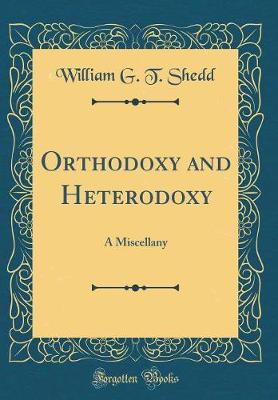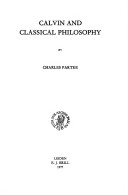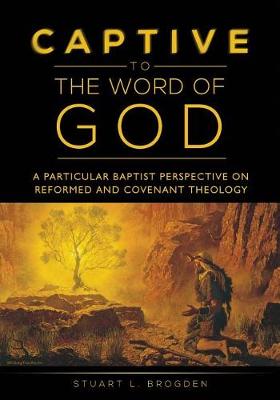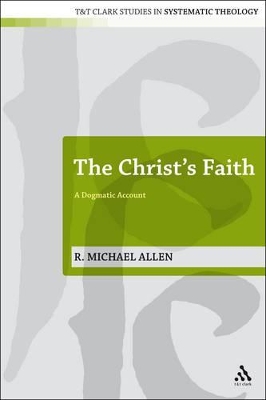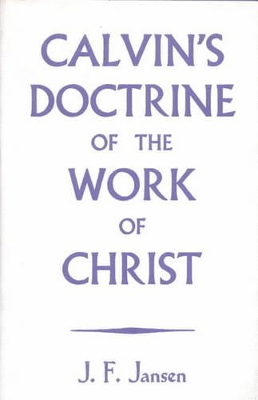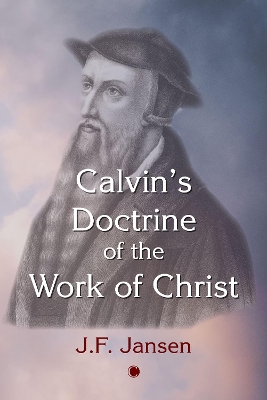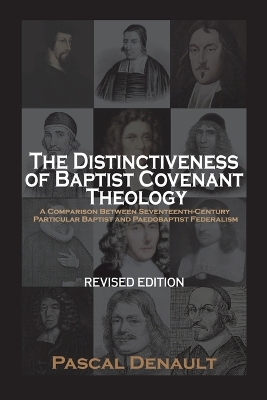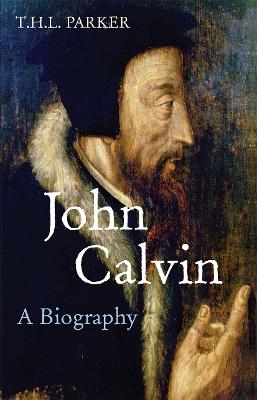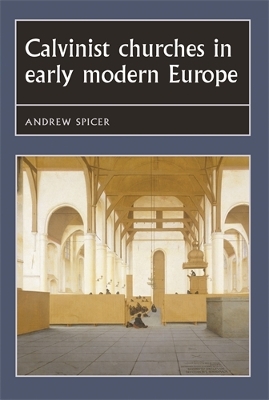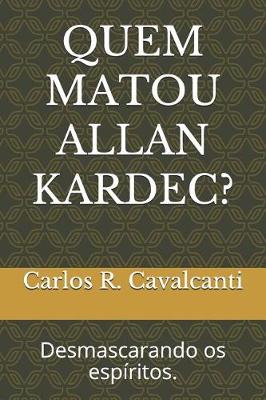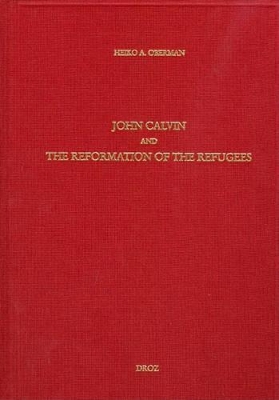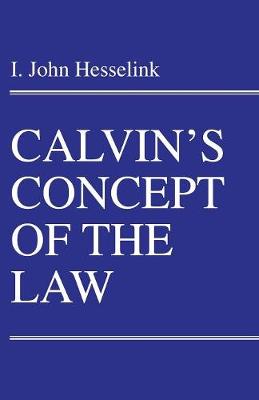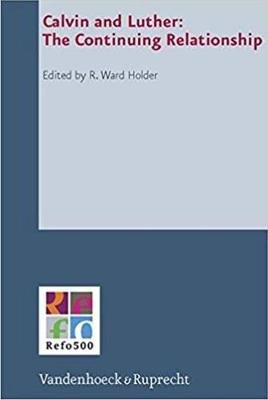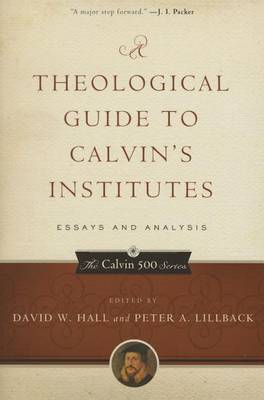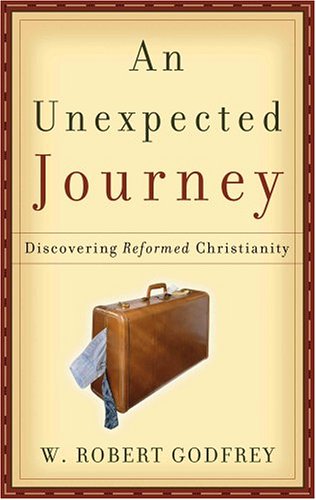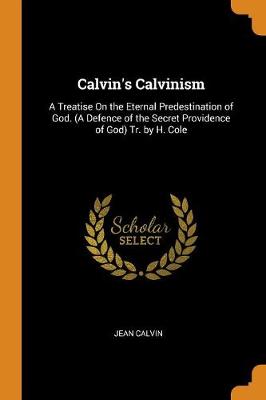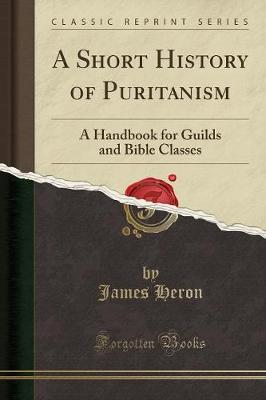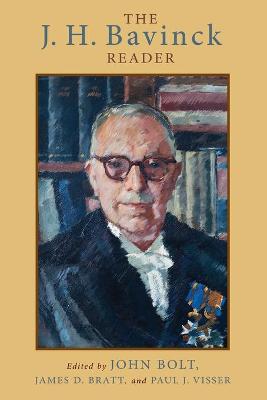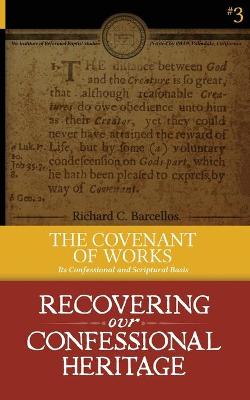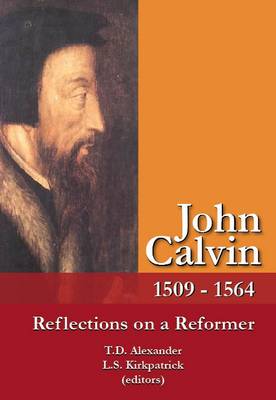Calvin and Classical Philosophy (Studies in the History of Christian Traditions, #14)
by Charles Partee
This is a thorough study of Calvin's conception of Christian philosophy, his exposition of insights of classical philosophy, and his evaluations of classical philosophers. Special attention is given to the doctrines of providence and predestination.
The Christ's Faith (T&T Clark Studies in Systematic Theology, #2)
by R. Michael Allen
The Christ's Faith coheres with orthodox Christology and Reformation soteriology, and needs to be affirmed to properly confirm the true humanity of the incarnate Son. Without addressing the interpretation of the Pauline phrase pistis christou, this study offers a theological rationale for an exegetical possibility and enriches a dogmatic account of the humanity of the Christ. The coherence of the Christ's faith is shown in two ways. First, the objection of Thomas Aquinas is refuted by demonstr...
With the growing rediscovery of our Reformation heritage, studies in John Calvin have thrown new light upon almost every aspect of his thought except that which is the heart of his theology - the doctrine of Christ's work. The present volume has a double interest. It is a fresh study in Calvin's development of the work of Christ, with special reference to his exegetical writings. It is also a relevant critique of one of the more familiar landmarks of traditional theology - the formula of the thr...
The revival of interest in the Protestant Reformation in the mid-twentieth century was marked by several studies of John Calvin. J.F. Jansen, however, noted that these had shed new light on almost every aspect of his thought except that which lies at the heart of his theology - the doctrine of Christ's work. In Calvin's Doctrine of the Work of Christ, Jansen corrects this omission, providing a fresh study of Calvin's work in this area with special reference to his exegetical writings. Besides...
John Calvin, the French Protestant theologian, had planned a life of quiet, scholarly study. But while travelling to Strasbourg in 1536, a local war forced him to make a detour through Geneva. Here he stayed, apart from a short period of exile, until the end of his life. His time in Geneva was marked by long, bitter struggles over the independence of the Church from the State and the rules Calvin tried to impose on Geneva as as a whole. Calvin's reputation as a controversialist is strong even to...
Calvinist Churches in Early Modern Europe (Studies in Early Modern European History)
by Andrew Spicer
For ordinary people, the impact of the Reformation would have centred around local parish churches, rather than the theological debates of the Reformers. Focusing on the Calvinists, this volume explores how the architecture, appearance and arrangement of places of worship were transformed by new theology and religious practice. Based on original research and site visits, this book charts the impact of the Reformed faith across Europe, concentrating in particular on France, the Netherlands and Sc...
Piper concisely but forcefully explores the essence of Calvin's preaching and zeal as he seeks to ignite every Christian's passion so that the glory and supremacy of God takes center-stage in our lives as well.
John Calvin and the Reformation of the Refugees (Travaux D'Humanisme Et Renaissance, #464)
by Professor Heiko A Oberman and Peter A Dykema
The reforms begun by Luther and Calvin became two of the largest and most influential movements to arise in the sixteenth century, but frequently, these two movements are seen and defined as polar opposites ones theology is Reformed or Lutheran, one is a member of a Reformed or Lutheran congregation. Historically, these were two very separate movements but more remains to be understood that can best be analyzed in the context of the other.Just as surely as the historical question of the bounda...
The Covenant of Works (Recovering Our Confessional Heritage, #3)
by Richard C Barcellos
Reading the Decree (T&T Clark Studies in Systematic Theology, #4) (T & T Clark Studies in Systematic Theology)
by David Gibson
"What role does the interpretation of Scripture play in theological construction? In Reading the Decree David Gibson examines the exegesis of election in John Calvin and Karl Barth, and considers the relationship between election and Christology in their thought. He argues that for both Calvin and Barth their doctrine of election and its exegetical moorings are christologically shaped, but in significantly different ways. Building on Richard A. Muller's conceptual distinction between Calvin's so...
John Calvin: Reflections on a Reformer
